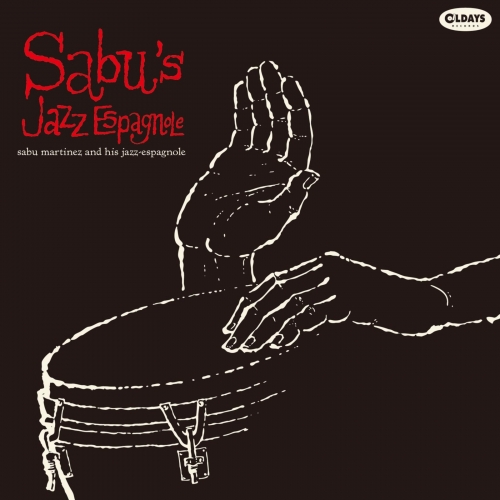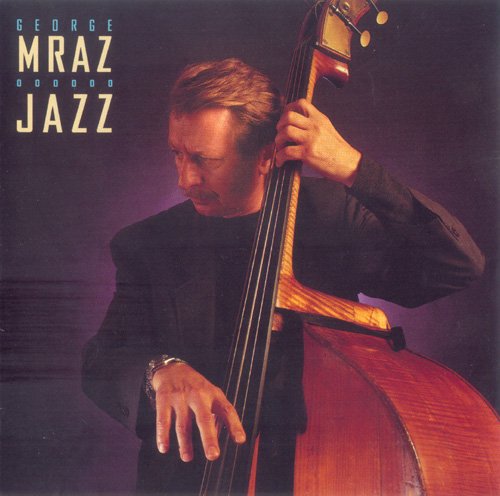La Petite Bande, Sigiswald Kuijken, Howard Crook - Concert de Danse (2006)
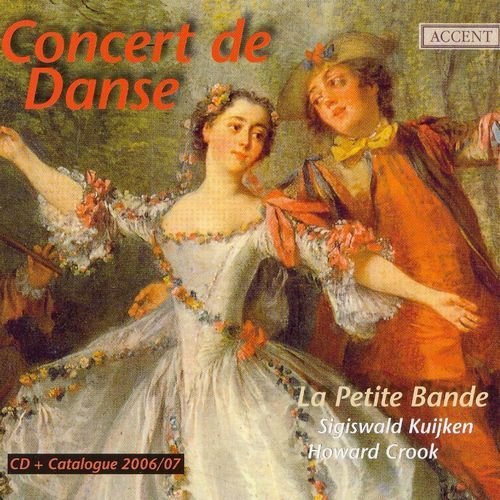
Artist: La Petite Bande, Sigiswald Kuijken, Howard Crook
Title: Concert de Danse
Year Of Release: 2006
Label: Accent
Genre: Classical
Quality: FLAC (image+.cue,log,scans)
Total Time: 01:09:30
Total Size: 347 Mb
WebSite: Album Preview
Tracklist: Title: Concert de Danse
Year Of Release: 2006
Label: Accent
Genre: Classical
Quality: FLAC (image+.cue,log,scans)
Total Time: 01:09:30
Total Size: 347 Mb
WebSite: Album Preview
01. Jean Baptiste Lully : Armide - Overture [2:11]
02. Acis et Galatee : Aria of Acis - 'C'est en vain' [1:54]
03. Armide - Passacaille [3:43]
04. Marc-Antoine Charpentier : Medee - Aria of Jason - 'Que me peut demander Gloire' [1:58]
05-09. Jean-Fery Rebel :La Fantaisie
I. Grave [1:00]
II. Chaconne [2:57]
III. Loure [1:52]
IV. Tambourin [0:41]
V. Chaconne [1:24]
10. Michael Richard Delalande : L´Amour flechi par la Constance (1697 ) - Aria of... [5:30]
11-15. Jean-Fery Rebel : Les plaisirs champetres (1734)
I. Musette [0:57]
II. Gavotte [2:03]
III. Chaconne [2:38]
IV. Passepied [1:28]
V. Bourree - Rigoudon - Bourree [3:24]
16-32. Jean-Philippe Rameau : Daphnis et Aegle ( pastorale heroique )
Performers:
Howard Crook (tenor)
La Petite Bande
Sigiswald Kuijken, conductor
There are quite a few French Baroque ballet and opera samplers on the market, perhaps because theses repertories, with their arcane textual and musical conventions and their unfamiliar genres, are thought to be rather inaccessible for general listeners in complete works or large chunks of them. The reconstructions of William Christie and others, including this disc's conductor, Sigiswald Kuijken, have shown that equal parts of imagination and musicality can go a long way toward making the operas of the French Baroque come alive, and the repertoires of virtuoso singers are beginning to reflect this. That said, Kuijken's durable ensemble La Petite Bande offers an enjoyable introduction to the dance music of a 100-year period here, with American-born tenor and French Baroque specialist Howard Crook (who interestingly is not given any biographical mention in the booklet) on several vocal numbers. The disc consists of ballet music as well as excerpts from operas, but instrumental and vocal. The presence of those vocal numbers is one positive feature of the disc, for the interpenetration of music and dance in the cultural construct that was the French court is of central importance. Another is the presence of unfamiliar but colorful works like the two suites of dances by Jean-Féry Rebel -- full of courtly splendor yet with foot-tapping lightness all the same. The program effectively mixes single numbers with larger sequences; the disc concludes with an entire one-act Rameau "pastorale héroique," Daphnis et Aiglé; this was a dance performed at Fontainebleau palace in 1753. But the best reason to listen to this disc is the playing of La Petite Bande, which has been at this a long time and gives performances with the fluency of the Royal Shakespeare Company in its chosen field. The bande is not so petite, with 19 string players, and it delivers a rich sound with, one imagines, something of the sumptuous grace for which the music of the French court was renowned. Highly listenable, for anyone from the casual commuter to the French Baroque enthusiast.
![Abraham Réunion - Jaden an nou (2026) [Hi-Res] Abraham Réunion - Jaden an nou (2026) [Hi-Res]](https://www.dibpic.com/uploads/posts/2026-02/1770745777_folder.jpg)
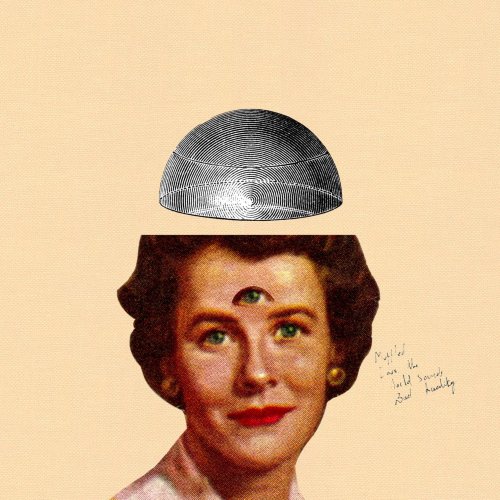
![Andreas Røysum Ensemble - Andreas Røysum Ensemble with Marvin Tate (2025) [Hi-Res] Andreas Røysum Ensemble - Andreas Røysum Ensemble with Marvin Tate (2025) [Hi-Res]](https://img.israbox.com/img/2026-02/09/ykeodm7hf0rcmt815qdtlvyfd.jpg)
![Marcela Arroyo & Quique Sinesi - Reflejos (2026) [Hi-Res] Marcela Arroyo & Quique Sinesi - Reflejos (2026) [Hi-Res]](https://www.dibpic.com/uploads/posts/2026-02/1770728206_folder.jpg)
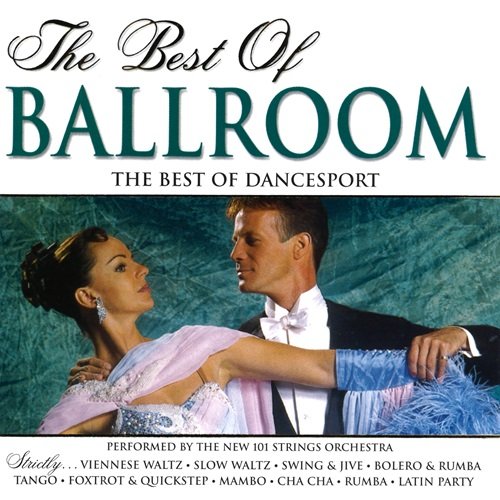
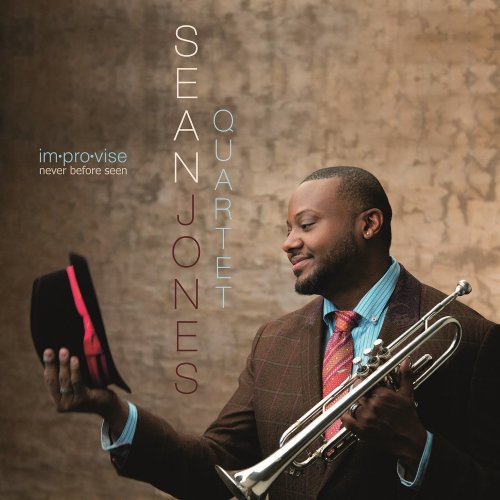
![Maj Kavšek - MINOR FLAW (2026) [Hi-Res] Maj Kavšek - MINOR FLAW (2026) [Hi-Res]](https://img.israbox.com/img/2026-02/09/8u50qjzftilnmaq7cws2iy3sg.jpg)
